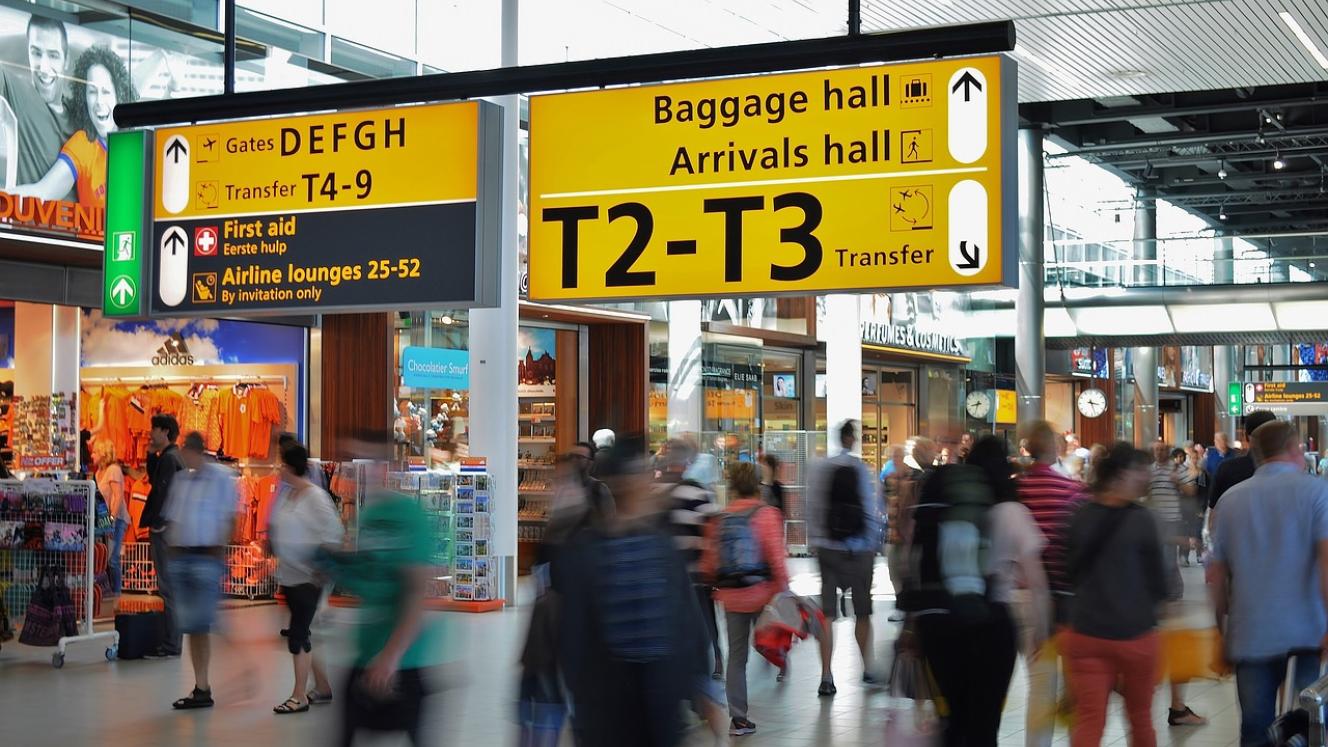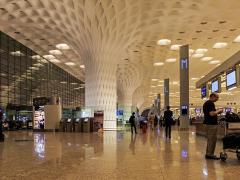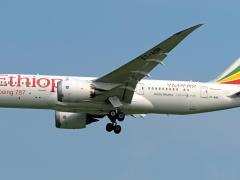Airlines across the globe are going to face capacity constraints this year due to a lack of aircraft, while the number of travellers during the European summer will surpass records.
Travel demand is set to surpass pre-pandemic levels, according to a Reuters report. The publication revealed that 4,7 billion people are expected to travel in 2024, compared to 4,5 billion in 2019.
Meanwhile, according to Aerodynamic Advisory, passenger-carrying global airlines will receive 19% fewer aircraft this year than expected. Aircraft deliveries have dropped sharply due to production problems at both Boeing and Airbus. European and American carriers are particularly affected, with Ryanair and United among the airlines having to cancel routes due to a lack of capacity.
European air navigation body Eurocontrol has revised its traffic forecasts for 2024-2030 as well, expecting lower volumes of traffic. The company said that passenger capacity in Europe will only return to pre-pandemic levels in 2026, after predicting previously that it will reach pre-pandemic levels this year.
Lower capacity and higher demand means that airfare prices can be expected to surge this year. John Grant, a senior analyst at OAG said that passengers can expect to see, some “particularly high” airfares this summer.
In addition to Boeing and Airbus’s production problems, factors such as rising fuel costs and sustainability goals led business travel consultancy company FCM Consulting to say that global airfares can be expected to rise 3% -7% in 2024.
This is particularly bad news for South Africa, which already has existing outbound capacity problems. Aadil Esack, GM of XL Travel told Travel News that, “Capacity, while improving, has been a bit of an issue.”
In a recent Travel News poll, 74% of respondents said that they were struggling to find seats on flights for the upcoming European summer season.
“We wish that there was more capacity from suppliers, particularly for outbound flights. Together with rising fuel prices and weak exchange rates, this has meant that pricing is still quite high.”
Esack added that, from the point of view of the airline industry, it is not financially beneficial for airlines to increase capacity, “In terms of load factors, and revenue, airlines are doing well, so they will be careful before adding more capacity which brings more operating costs for them as well.”
Linden Birns, MD of PR consultancy Plane Talking, said that the decision to increase airline capacity is not a simple process, “Airlines have to perform a scientific analysis of what they think a particular market will sustain and what the prospects are for development. Can this route be serviced with existing aircraft or do we need more equipment? What is the pricing elasticity of the market and to what extent can they cover costs or break even?”
“It might end up that a particular new route breaks even but does not support itself in isolation, rather it becomes profitable through connections to other flights. This is the case with the bigger carriers Emirates, Ethiopian, Qatar, and Turkish.”
Birns added that airlines must also factor in the time of day for flights, and the positioning of the airline’s aircraft.
“There is no fixed rule or profit margin that must reach a certain percentage before an airline decides to increase capacity, and there are also things beyond the airline’s control. Aviation is subject to climate and geopolitics.”
When referring to flights to South Africa, Birns said that capacity constraints are unlikely to improve due to the regulatory framework of outbound route.
“The South African government is saying, ‘we’re not interested’ to airlines who are asking to increase capacity, even when there is plenty of demand - I’m talking about routes to London, Frankfurt, Munich, New York, Washington, Hong Kong.”
“It is quite short-sighted. This prevents the generation of jobs and economic activity, including tourism. It is something that needs to be rethought.”
Even as capacity constraints and other factors drive up airfares, the South African market is seeing these prices supported by a surge in passenger demand, following the global trend. According to Esack, the demand is there. “People are still paying whatever it costs” he said.













